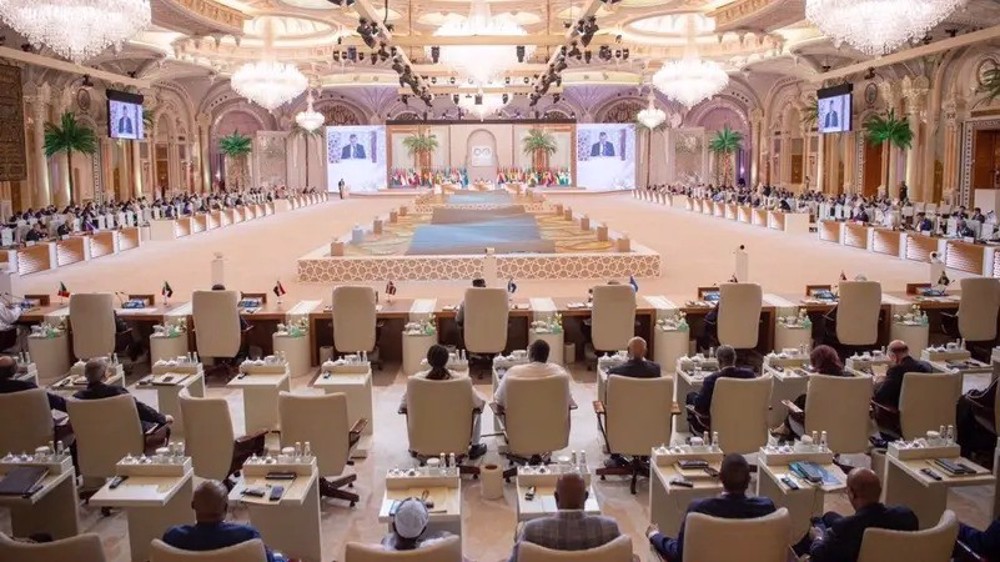Saudi beheads three convicted drug traffickers
Saudi Arabia has beheaded one of its citizens and two Yemeni nationals on charges of drug trafficking, bringing to 63 the number of decapitations in the kingdom since the start of year.
Saudi national, Daifallah al-Omrani, was executed in the northern region of Tabuk on Wednesday after his conviction for smuggling amphetamines, the Saudi Interior Ministry said in a statement carried by the official Saudi Press Agency.
Yemeni nationals Ahmed Mubarak and Abdul Salam al-Jamali were beheaded in the southwestern city of Jizan, on charges of attempting to smuggle hashish into the kingdom.
On January 27, Saudi authorities beheaded an Egyptian national after sentencing him to death on charges related to robbery and murder.
In the most stunning case, Saudi Arabia executed on January 2 Sheikh Nimr al-Nimr along 46 other people in defiance of international calls for the release of the prominent Shia cleric and other jailed political dissidents in the kingdom.
According to an AFP count, Saudi Arabia carried out 153 executions, including 71 foreign nationals, in 2015. This number of executions in terms of annual basis in Saudi Arabia has been unseen since 1995.
On April 16 last year, Saudi Arabia beheaded an Indonesian female domestic worker, just two days after executing another woman from the Southeast Asian country.
Beheading with a sword is the most common form of execution in Saudi Arabia.
Riyadh has been under fire for having one of the world’s highest execution rates.

The New York-based Human Rights Watch (HRW) has called on the Saudi regime to abolish its "ghastly" beheadings.
Under the Saudi law, apostasy, armed robbery, drug trafficking, rape and murder carry the death penalty.
Israel kills 5 more paramedics in southern Lebanon: Health ministry
Iran to launch ‘new, advanced’ centrifuges in response to IAEA resolution: AEOI
Yemen fires hypersonic missile at Israeli airbase
VIDEO | New Delhi chokes under toxic smog as air quality remains at hazardous levels
VIDEO | Press TV's news headlines
VIDEO | ICC's arrest warrant for Netanyahu to worry Western politicians: Former British diplomat
Iranians protest against Israel after Netanyahu ICC warrant
Germany undecided on complying with ICC arrest warrants for Israeli war criminals














 This makes it easy to access the Press TV website
This makes it easy to access the Press TV website